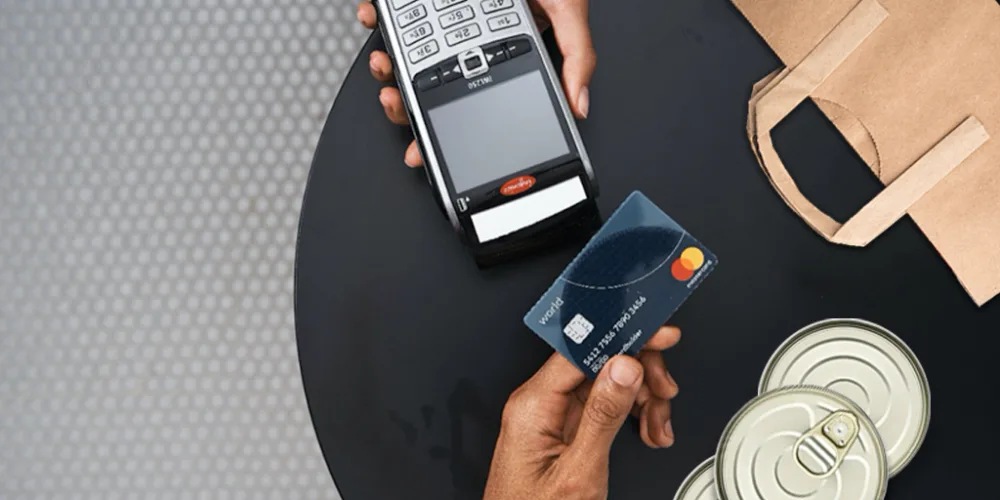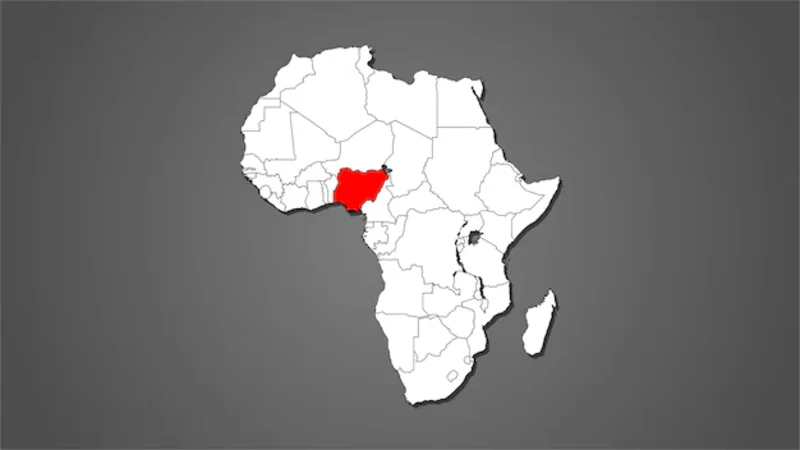
Nigeria's financial regulator has introduced fresh guidelines for digital payment providers offering contactless payment solutions. Contactless payments involve users making transactions by simply tapping or waving their payment devices at point-of-sale terminals, also known as proximity payments.
According to the new rules, users will be able to make contactless payments by tapping or waving their devices, such as smartphones and cards, without the need for a PIN input to confirm the transaction. However, these transactions will be limited to ₦15,000 ($19.65) per transaction and a maximum of ₦50,000 ($65.5) per day.
Contactless payments utilize radio frequency identification (RFID) or near-field communication (NFC) technology, enabling enabled devices to initiate and authorize transactions without additional confirmation from the user.
EMVCo, an organization established by Europay, Mastercard, and Visa, collaborates with global payment industry stakeholders to establish technical standards for smart payment cards and the associated point-of-sale readers.
The COVID-19 pandemic has played a significant role in accelerating the adoption of contactless payments. In 2020, the World Health Organization (WHO) recommended the switch to contactless payments as part of efforts to slow the spread of COVID-19. In response, 30 European countries increased their limits on contactless payments. The United Kingdom also raised its contactless payment limit to £100 in October 2021, making it one of the largest markets for contactless spending without requiring identity confirmation. Contactless transactions now account for 75% of all Mastercard transactions in Europe and up to 80% of in-person payments in the UK, according to Visa.
READ ALSO - OPay and MoniePoint Lead Nigeria's Agency Banking Market
The new contactless payment guidelines in Nigeria assign responsibility for fraud prevention to acquirers (the payment recipient's bank), issuers (the customer's bank), and merchants offering contactless payment channels. These entities will be held liable for fraudulent transactions resulting from their negligence or collusion. The guidelines also stipulate that contactless payment should only be enabled for users with Bank Verification Numbers (BVNs). Transactions exceeding the payment limits will require additional authorization, such as a PIN, mobile code, or biometric identification.
Unlike Nigeria, regulators in the United States and Ecuador do not impose any limits on single contactless transactions.
To combat fraud, Nigerian fintech companies have started incorporating ID verification into their onboarding processes, rather than relying solely on transaction limits. For instance, Paga, founded in 2009, recently announced that all customers, regardless of their Know Your Customer (KYC) level, will need to undergo additional ID verification.
The Central Bank of Nigeria emphasized that it carefully considered the risks associated with contactless payments before imposing transaction limits. Limiting transaction amounts in contactless payments is a common practice for mitigating fraud risks. Evidence shows that it is effective. According to FICO, a data analytics company, UK Finance data from 2020 revealed that only £16 million was lost to contactless payment fraud out of a total of £574 million lost to card fraud. This amounts to 1.8 pence worth of fraud for every £100 spent using contactless technology, considering a total of £9.46 billion worth of contactless transactions.
When it comes to contactless payments in Africa, South Africa is leading the way. In January, Tech Central reported that over half of First National Bank (FNB) customers utilize contactless payments. Ashley Saffy, the Head of Business Development at FNB South Africa, stated that consumers have shown a strong preference for contactless payments using contactless-enabled cards or smart devices.
Tags
Central Bank of Nigeria
CBN
Contactless Payment
Contactless Payment
Categories
News
Similar News
May 20, 2024

Egyptian and Tunisian Startups Chosen for Climate-Focused Mega Green Accelerator
May 26, 2024

Google to Construct First Subsea Fiber-Optic Cable Linking Africa and Australia
May 21, 2024

Nigerian Startups Secure 30% of $15 Billion Funding by African Startups Over Five Years
Are you a start-up or an entrepreneur in Africa?
Subscribe to our mailing list
